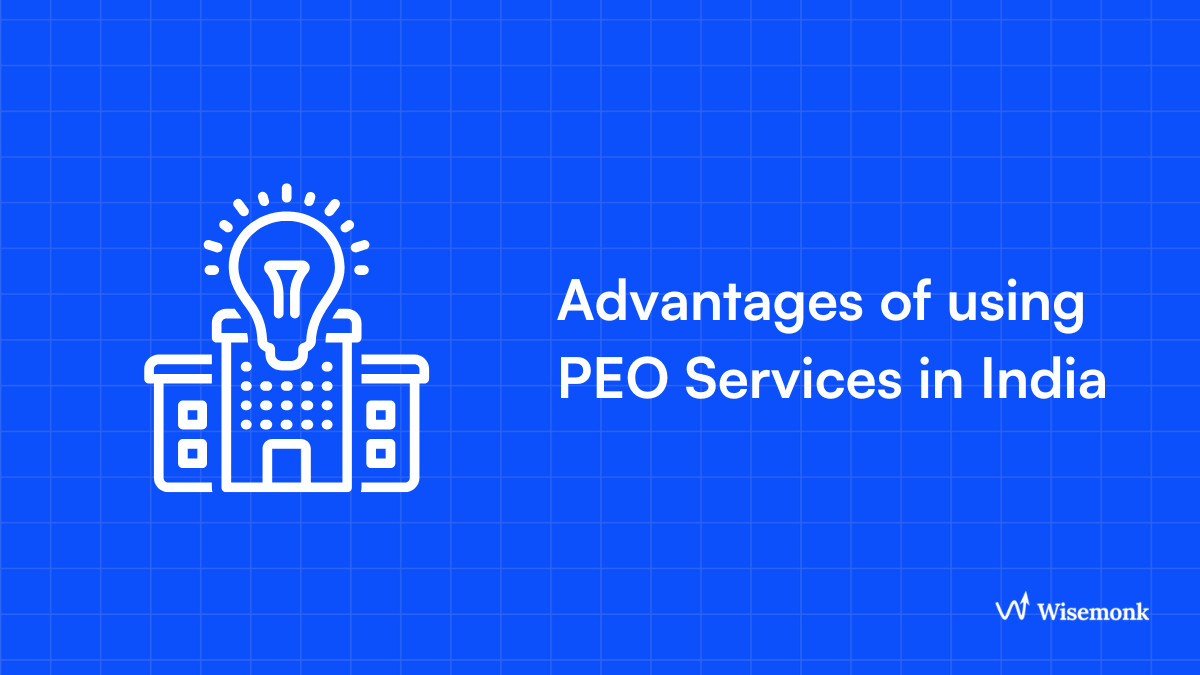Looking to hire employees in Australia without setting up a local entity? Australia’s employment laws and payroll regulations are some of the strictest in the world, making compliance a tall order for foreign companies. An employer of record Australia lets you hire, pay, and manage Australian employees legally, taking care of Fair Work Act compliance, Modern Awards, and superannuation, all without registering a company with ASIC. Based on our experience, using Australian EOR services helps global companies enter this complex market fast, no needing to get lost in red tape or worry about employment contracts and payroll tax.
What are the core employment law rules that shape hiring and payroll in Australia?[toc=Employment Law Framework]
Australia’s legal responsibilities for employers are exacting; missing the details can mean fines or claims. To pay employees and manage contracts correctly, here’s what every employer of record in Australia should know:
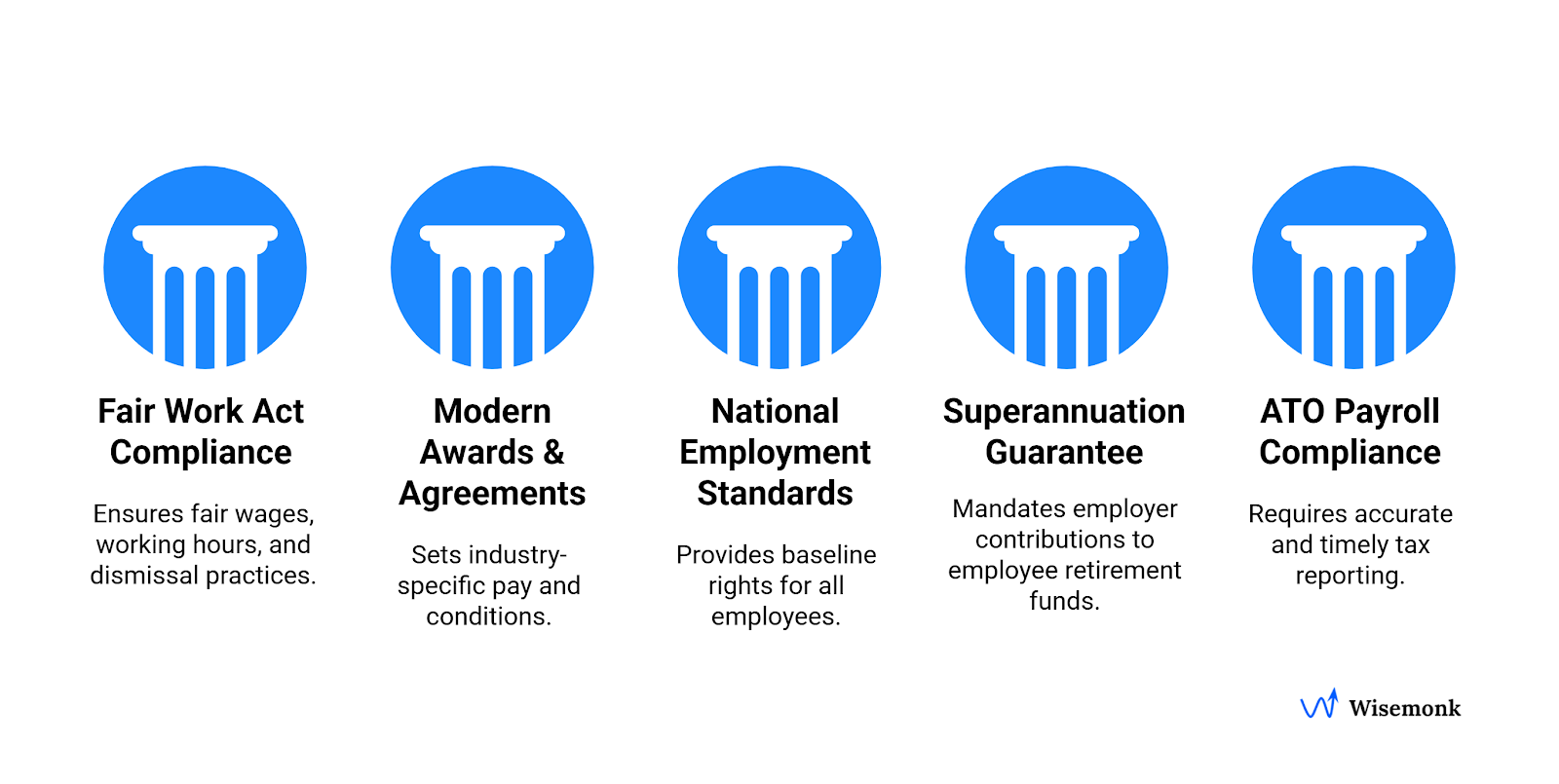
- Fair Work Act compliance: You must follow the Fair Work Act 2009, which sets national minimum wage, working hours, paid leave, and rules for fair dismissal. All employment contracts need to align with these standards.
- Modern Awards & Enterprise Agreements: Most roles fall under Modern Awards or an Enterprise Agreement, they set minimum pay, penalty rates, overtime, and conditions for each industry or job type. New employees must be classified under the correct Award for legal compliance.
- National Employment Standards (NES): The NES provides baseline rights: maximum 38 weekly hours, annual and personal leave, public holidays, long service leave, and termination notice. No contract or agreement can undercut these.
- Superannuation Guarantee: Employers pay at least 11% of ordinary earnings into a super fund for eligible employees, paid quarterly. Not doing this breaches mandatory employee benefits and can result in heavy penalties.
- Australian Taxation Office (ATO) payroll: Pay salaries via Single Touch Payroll, with compulsory PAYG tax withholding, payroll tax (if above thresholds), and timely reporting to the ATO. Withholding taxes and super must be reported every pay cycle.
Following Fair Work Act compliance and Modern Award rules precisely, plus managing super and taxes, is crucial for smooth, lawful payroll management and safe business operations in Australia.
What are the key benefits of Australian Employer of Record (EOR) services?[toc=Key Benefits]
When expanding to Australia, choosing an Employer of Record makes entry and compliance much simpler for international businesses:
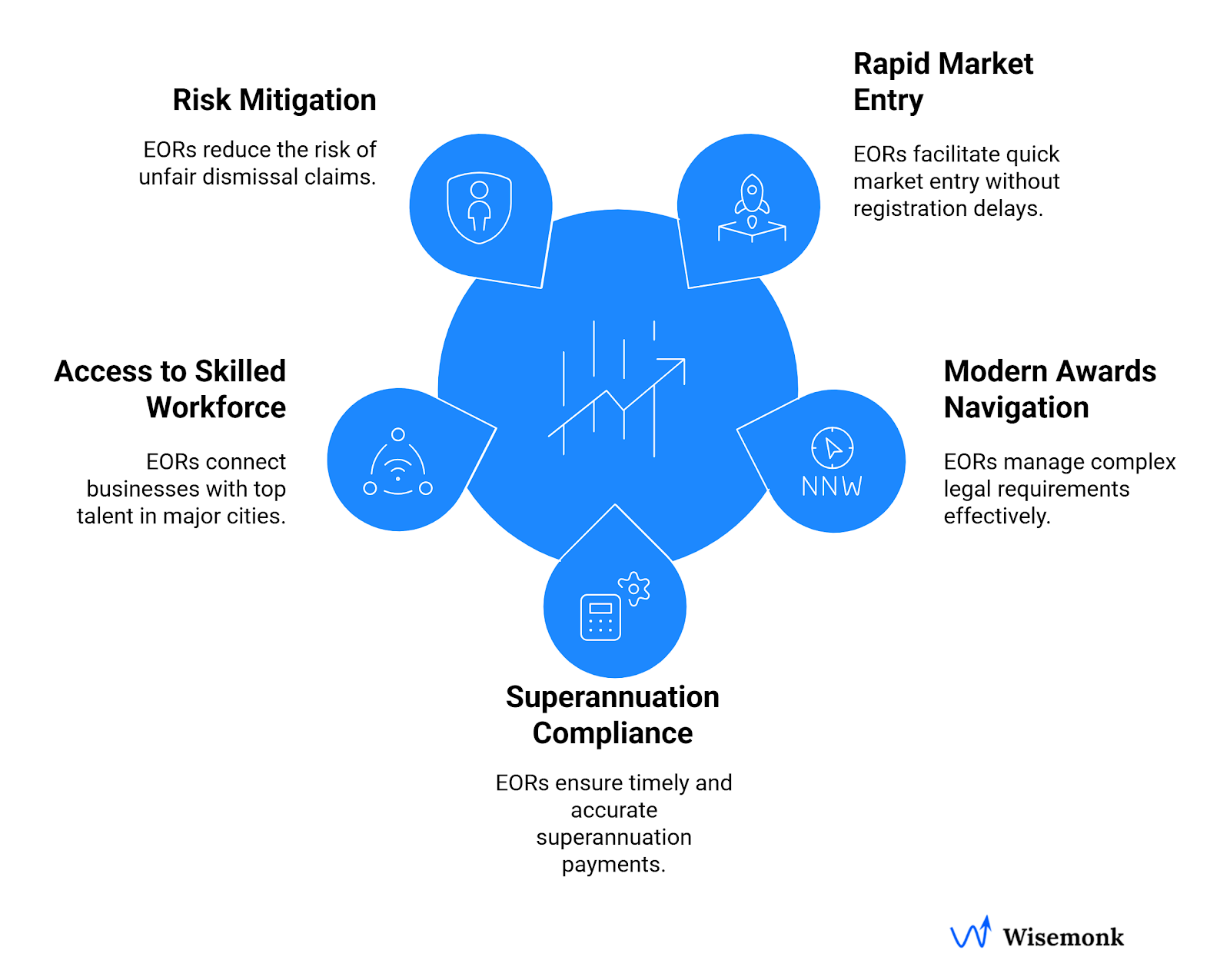
- Rapid market entry without ASIC registration: EOR services let you hire employees and run payroll fast, no need to set up a local entity or wait for ASIC approval. This speeds up market entry for global hiring and business operations.
- Navigation of the complex Modern Awards system: EORs handle the legal nuances of over 120 Modern Awards in Australia, correctly classifying roles and applying the right pay rates, entitlements, and penalty rates, ensuring Fair Work Act compliance.
- Superannuation compliance and management: EORs calculate and pay superannuation guarantee (at least 11%) on time for all eligible Australian employees, minimizing compliance risk and managing fund reporting for you.
- Access to skilled workforce across major cities: With local expertise, EORs connect you with top talent in Sydney, Melbourne, Brisbane, and Perth, covering diverse industries and delivering competitive employment benefits.
- Risk mitigation for unfair dismissal claims: EORs manage employment contracts, workplace policies, and performance processes, helping reduce the risk and cost of unfair dismissal claims under Australian labor laws.
Australian EOR services streamline global payroll, statutory benefits, and compliance, making expansion smoother, safer, and more efficient for foreign companies.
How do Australian Employer of Record (EOR) services operate?[toc=How EOR Operates]
Australian EOR services simplify hiring and employee management, handling every legal and administrative step so you can focus on growing your business:
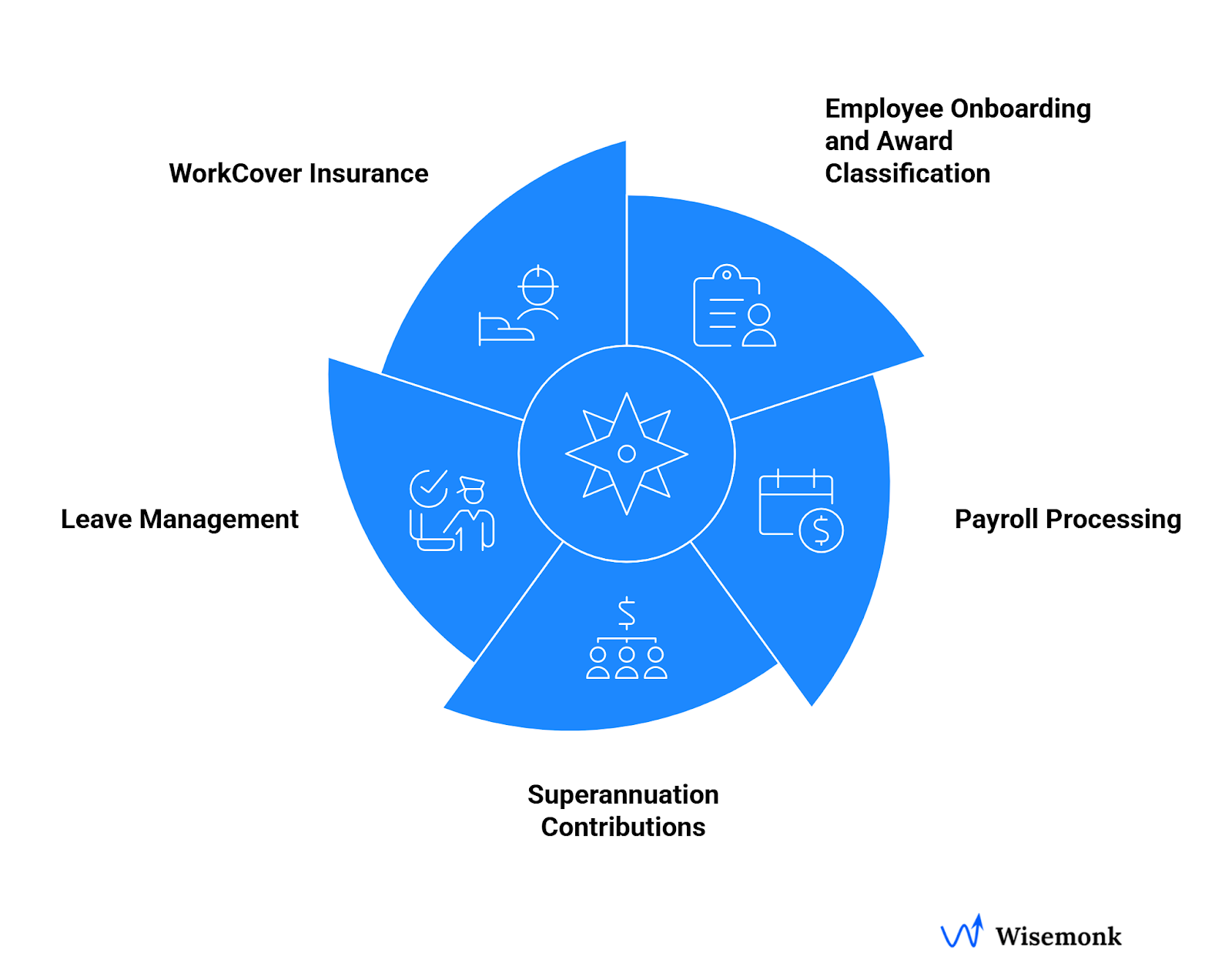
- Employee onboarding and Award classification: The EOR manages all recruitment paperwork, ensures your workers are classified under the correct Modern Award or enterprise agreement, and prepares compliant employment contracts according to Australian labor laws.
- Fortnightly or monthly payroll processing in AUD: They process payroll on schedule, including salary payments, overtime, tax withholdings, and payroll tax, all fully compliant with Australian Taxation Office (ATO) rules and varying state payroll tax laws.
- Superannuation contributions and fund management: EORs calculate and remit the mandatory superannuation guarantee (currently 11%) to nominated funds, ensuring employees receive their retirement entitlements on time.
- Leave management: They track statutory leave, including annual leave, sick leave, and long service leave, respecting both National Employment Standards and state-specific regulations.
- WorkCover insurance and workers’ compensation: The EOR secures and administers WorkCover insurance, providing coverage for workplace injuries and fulfilling legal employer responsibilities in every state.
EOR providers streamline payroll, legal obligations, and employee entitlements so businesses stay compliant with Australian labor laws and focus on seamless business operations.
What are the Australia-specific Employer of Record (EOR) compliance areas?[toc=Compliance Areas]
When hiring in Australia, getting these unique compliance details right is essential to avoid costly mistakes and legal risks:
- Modern Awards interpretation and penalty rates: EORs must apply the correct Modern Award for each role, including penalty rates for weekends, nights, and public holidays. Recent laws protect these rates; no “rolled-up” pay can reduce required penalties or overtime. Accurate Modern Award classification is essential for compliance.
- Superannuation Guarantee contributions (12% minimum from July 2025): Employers pay 12% of ordinary time earnings to super funds for all eligible employees (full-time, part-time, casual). This covers salary, some allowances, and leave. Payments apply regardless of monthly income or hours worked.
- Annual leave loading and leave encashment: If covered by an Award or agreement, employees get 17.5% leave loading on annual leave, paid when leave is taken or on termination. Not all contracts include this, but where entitled, it must be paid out or included in final pays.
- Long service leave entitlements (state-based): Long service leave varies by state, generally 6–13 weeks after 7–10 years’ service, with pro-rata rules on exit. Both ongoing and many long-serving casual employees are eligible in most states.
- Casual vs. permanent employment classifications: Casuals get loading instead of paid leave, but recent laws allow many to request permanent status after regular work. Classification affects entitlements, minimum wage, and unfair dismissal rights; misclassification can incur legal risk.
Strict management of Modern Awards, super, leave, and employee classifications is crucial for EORs to deliver payroll compliance, manage benefits administration, and reduce legal risks for all hiring managers and international employers.
How to choose the right Employer of Record (EOR) provider in Australia?[toc=How to Choose the Right EOR]
Choosing the best employer of record Australia comes down to these essentials:
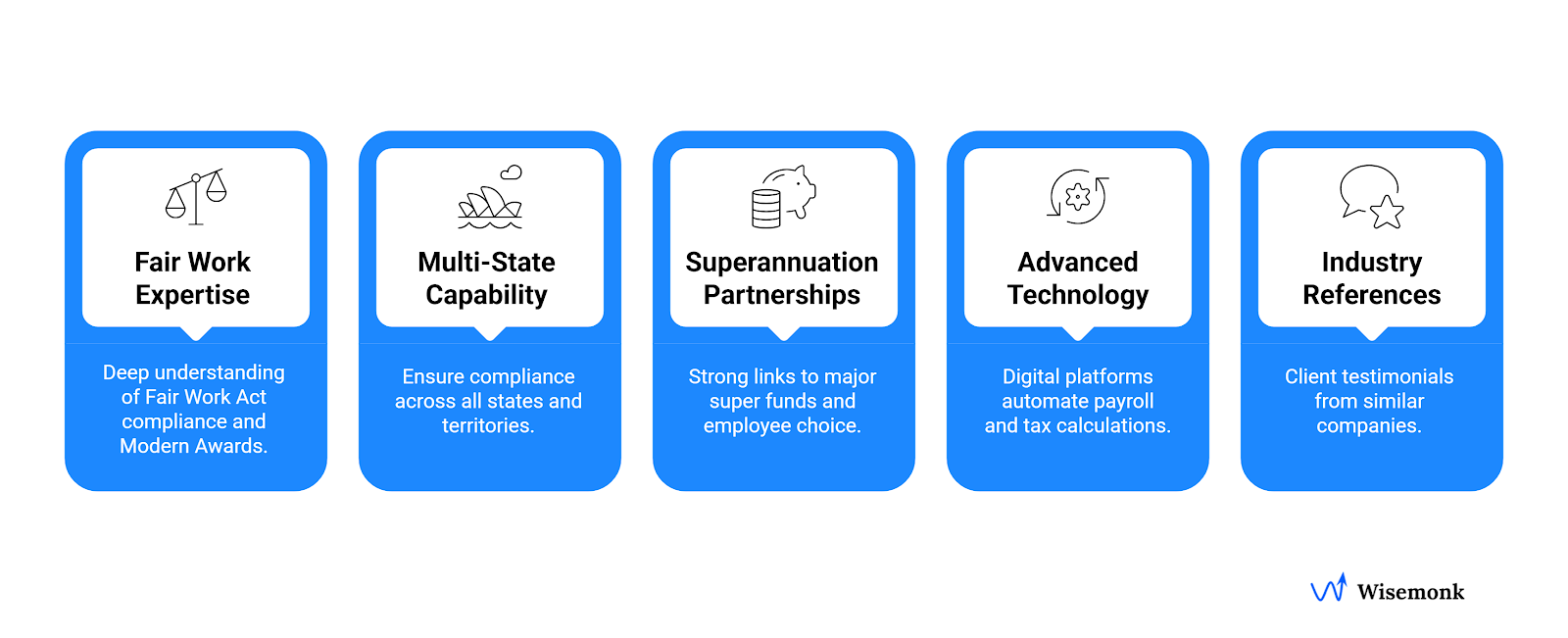
- Fair Work expertise and Modern Awards knowledge: Select an EOR with deep understanding of Fair Work Act compliance, National Employment Standards, and the detailed rules in over 120 Modern Awards. Their experts should handle legal requirements for pay, leave, and contracts in every industry.
- Multi-state operations capability: Your provider must ensure compliance across all states and territories, including differences in payroll tax, public holidays, long service leave, and regional labor laws.
- Superannuation fund partnerships and choice: Look for EORs with strong links to major super funds and options for employee superannuation choice, ensuring smooth administration of retirement savings for all staff.
- Advanced technology for complex payroll: Top EORs offer digital platforms that automate payroll calculations, PAYG tax, superannuation, and Modern Award rule application, cutting admin time and reducing errors.
- References from similar industry clients: Seek out client testimonials or case studies from companies in your field. This shows the EOR’s ability to resolve employee queries quickly, deliver seamless payroll, and keep up with Australian employment law changes.
Matching local expertise with cutting-edge payroll tech and a strong industry track record gives you peace of mind for global hiring, benefits administration, and ongoing business operations in Australia.
What is the financial difference between Employer of Record (EOR) services and setting up an Australian entity?[toc=EOR Vs Own Entity Setup]
Understanding the cost difference is crucial for any company considering expansion into Australia, especially given the country’s strict employment and payroll regulations.
- EOR pricing structure: EOR fees range from $400 to $800 per employee per month, covering payroll management, superannuation guarantee compliance, employment contracts, statutory benefits, and payroll tax. This pay-as-you-go model avoids upfront costs and reduces administrative burden.
- Australian company registration and ongoing costs: Setting up a local legal entity involves ASIC registration fees, paid-up capital requirements, and company secretarial services. These initial costs can total several thousand dollars. Ongoing expenses include state payroll taxes, Workcover insurance, annual audits, and compliance with the Fair Work Act and Modern Awards.
- Superannuation administration expenses: Managing superannuation guarantee contributions and fund reporting internally requires dedicated resources, compliance monitoring, and can incur additional fees for fund management or third-party administrators if done separately.
- Professional services and compliance costs: Entity setup demands legal counsel, accounting, tax filing, and HR management, adding to expenses and complexity.
- ROI considerations for different business sizes: For small to medium teams or market-testing, EOR offers faster return on investment by eliminating setup time, compliance risks, and hidden costs. Larger companies with stable operations may benefit from entity setup long term, despite higher initial financial and administrative outlays.
EOR services deliver a lean, flexible, and compliance-safe solution to global hiring in Australia, enabling companies to focus on growth without overwhelming legal and financial commitments.
How is the Australian Employer of Record (EOR) industry evolving?[toc=EOR Industry Evolution]
The Australian EOR market is adapting fast to new laws and workforce trends:
- Right to disconnect legislation: Employers must respect workers’ off-hours and avoid after-hours communications, impacting work-life balance policies and HR practices.
- Flexible work arrangements expansion: Remote work and hybrid models are now common. EORs adjust payroll, leave, and statutory benefits to fit flexible employment patterns.
- Gender pay equity reporting: New requirements push companies to report and close gender wage gaps, influencing pay structuring and benefits administration.
- Automation in payroll and compliance: EOR providers increasingly use AI and automated systems to handle complex Fair Work Act rules, Modern Awards, and superannuation calculations efficiently.
- Future regulatory changes (2025-2026): Upcoming reforms may tighten Modern Awards, increase superannuation rates, and extend leave benefits. EORs must stay updated to ensure compliance.
Staying ahead of these shifts is vital for smooth global payroll, risk management, and compliant hiring in Australia’s evolving labor market.
Conclusion[toc=Conclusion]
Australian EOR partnership gives you fast, compliant hiring, no ASIC registration, payroll complexities, or Modern Awards guesswork. EORs manage statutory benefits, superannuation, and legal obligations under Australian labor laws, letting you hire employees nationwide with reduced legal risk.
For market entry, weigh your business scale, growth plans, and appetite for managing payroll tax and compliance; EORs are ideal for test runs or lean expansion, while direct entity setup fits larger or long-term projects.
To start, choose an EOR with Fair Work Act expertise, strong payroll management tech, and proven industry references. Implementation is quick: onboarding and payroll ready in days, all contracts and entitlements managed from day one.
Ready to expand your global workforce quickly and compliantly? Partner with Wisemonk’s Employer of Record services to effortlessly manage hiring, payroll, and compliance, so you can focus on growing your business with confidence.
Frequently asked questions
How does EOR handle different Modern Awards across industries in Australia?
An employer of record Australia carefully reviews each employee’s role and industry, applies the correct Modern Award or enterprise agreement, and ensures all pay rates, overtime, and allowances strictly follow Australian labor laws. This keeps every employment contract and payroll process fully compliant, regardless of industry.
What are the superannuation obligations for different employee types?
All eligible employees, including full-time, part-time, and many casual staff, must receive a superannuation guarantee, with employers paying at least 11% of ordinary earnings to a nominated super fund. EORs manage contributions for every employee type as required by Australian law and report to the Australian Taxation Office.
How does long service leave work across different Australian states through EOR?
Long service leave entitlements depend on the state or territory where the employee works. EOR providers track the location, length of service, and local labor laws to calculate and administer the right benefits, often after seven to ten years, ensuring every Australian employee gets fair long service leave.
Can EOR help with visa sponsorship for international workers in Australia?
Yes, some EOR Australia providers can sponsor work visas and act as the legal employer for international employees, but eligibility depends on the worker’s skills, role, and the provider’s own status as an approved sponsor under Australian government regulations.
What happens to employee entitlements when switching EOR providers in Australia?
When employees move to a new EOR, accrued entitlements like annual leave, superannuation, and long service leave are either transferred or paid out, according to employment law. The new EOR ensures a smooth transition so staff keep their benefits and rights uninterrupted.
Is Employer of Record legal in Australia?
Yes, EOR is legal in Australia. Employees hired through an EOR receive full employment rights and benefits under Australian law, including compliant contracts, paid leave, maternity benefits, illness coverage, and tax entitlements.
What is EOR in Australia?
An Employer of Record in Australia is a service that hires employees on behalf of a company, managing payroll, taxes, benefits, and compliance, so businesses can engage talent without setting up a local entity.
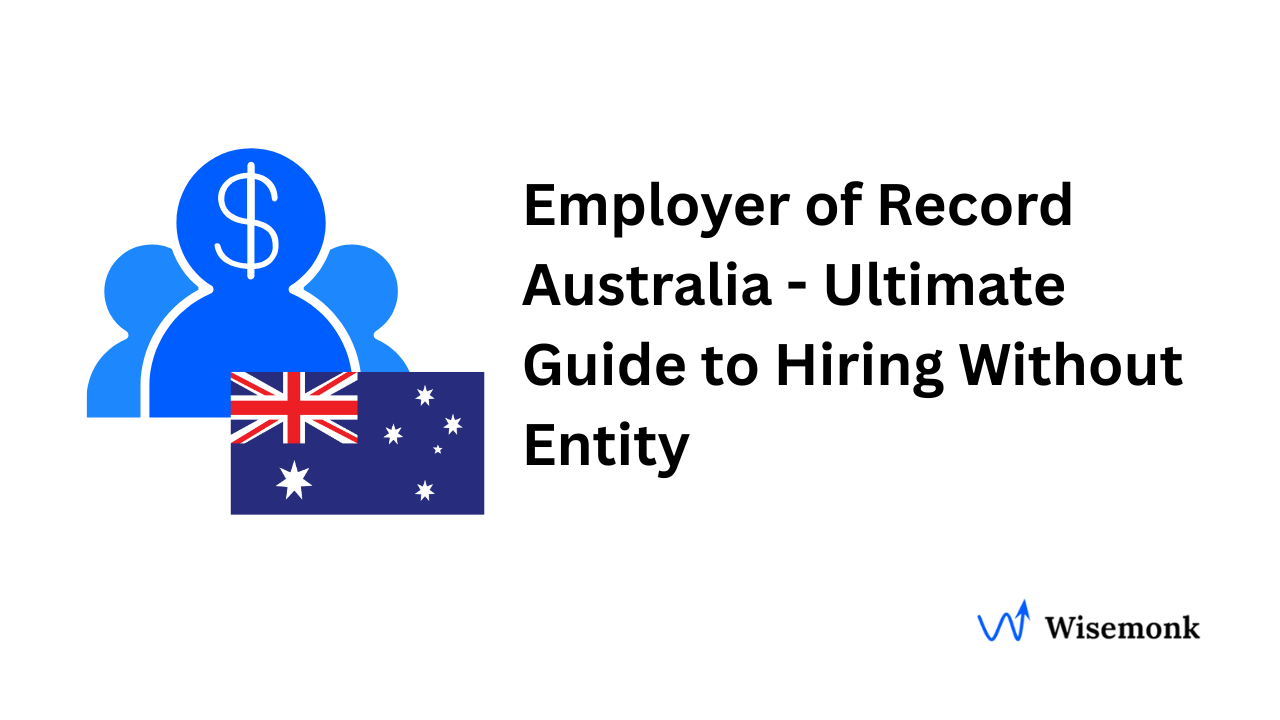

.png)
